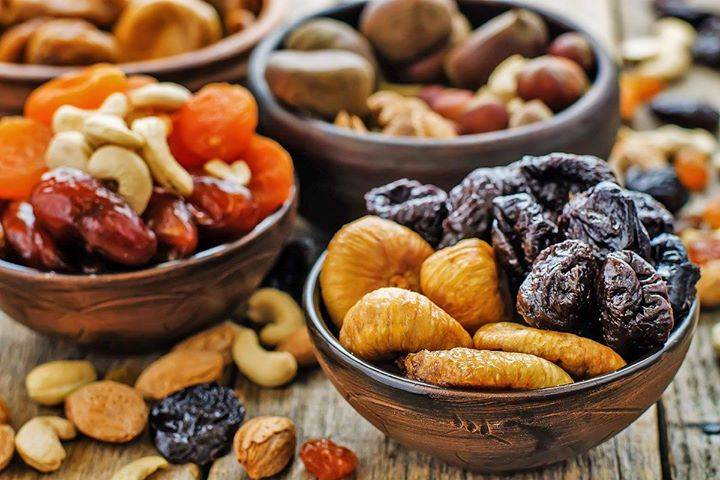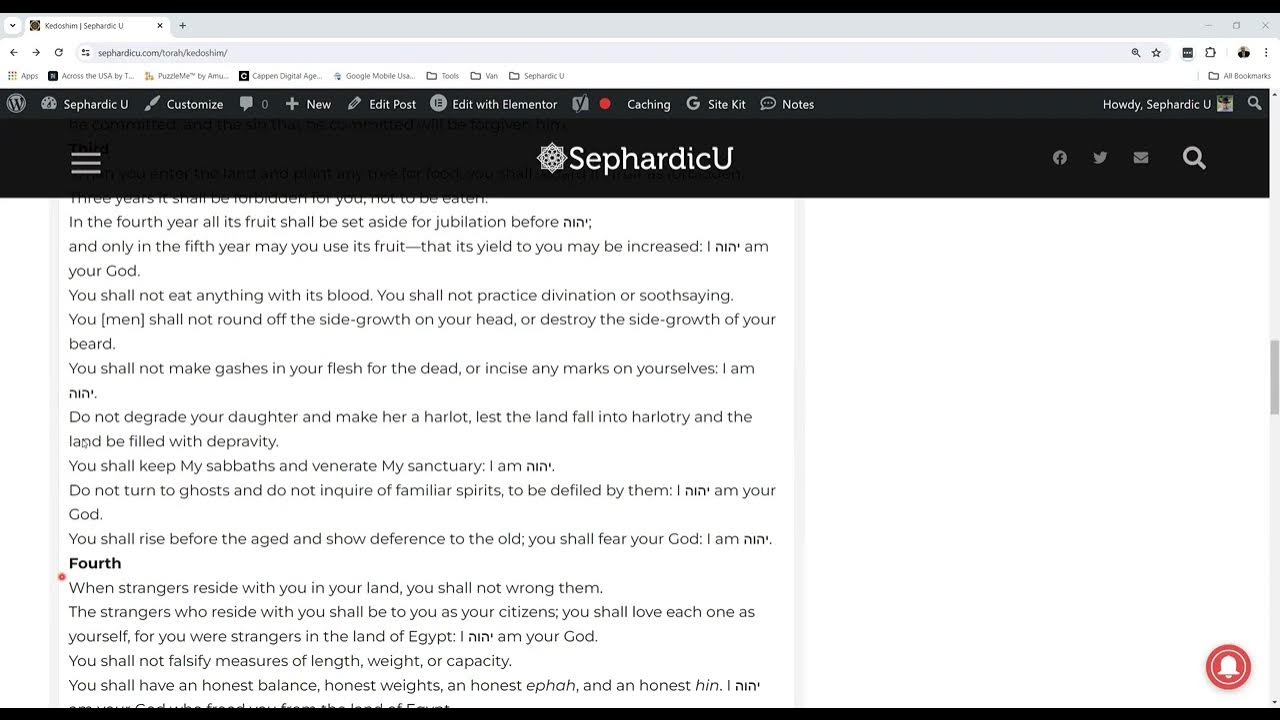[Credit: Kosher Cowboy site: https://koshercowboy.com/holidays/tu-bishvat-recipes/]
The New Year of the Trees
Tu Bishvat Recipes are rooted in the holiday celebrating the New Year of Trees. See the recipes here.
The Celebration of Tu Bishvat
The Jewish holiday occurs on the 15th day of the Hebrew month of Shevat. It is also called “Rosh HaShanah La’Ilanot” (Hebrew: ראש השנה לאילנות). Literally translated as “New Year of the Trees.” Similar to Arbor Day, in contemporary Israel, the day is celebrated as an ecological awareness day, and trees are planted in celebration.
The first tree to bloom in Israel is the almond tree. It is said that the almond tree will be the first tree that the Messiah will see when he rides his donkey into Jerusalem. Hence, the prominence of almonds and almond-related products on the table for this holiday.
One custom is to eat a new fruit on this day. You can also eat from the Seven Species (shivat haminim) described in the Bible. They symbolize abundancy in the land of Israel. The Shivat Haminim are: wheat, barley, grapes (vines), figs, pomegranates, olives and dates (honey).

Additionally, we have the tradition of planting a new tree on the ranch every year. Many people opt to have a tree planted in Israel. You can do this in honor or in memory of a loved one, through our site at Jewish National Fund.
There are supposed to be thirty (30) types of fruit:
contains no pits
- Grapes
- Figs
- Apples
- Etrog (Citron)
- Lemon
- Pears
- Quince
- Raspberries
- Blueberries
- Carob
contains pits
- Olives
- Dates
- Cherries
- Jujubes
- Peaches
- Plums
- Apricots
- Morels
- Medlars
- Azaroles
contains peel/shell
- Pomegranates
- Walnuts
- Almonds
- Chestnuts
- Hazelnuts
- Coconuts
- Capers
- Pine nuts
- Pistachios
- Pecans

All the best,
The Kosher Cowboy









